Gitche Gumee Photograph by Lee and Michael Beek Fine Art America
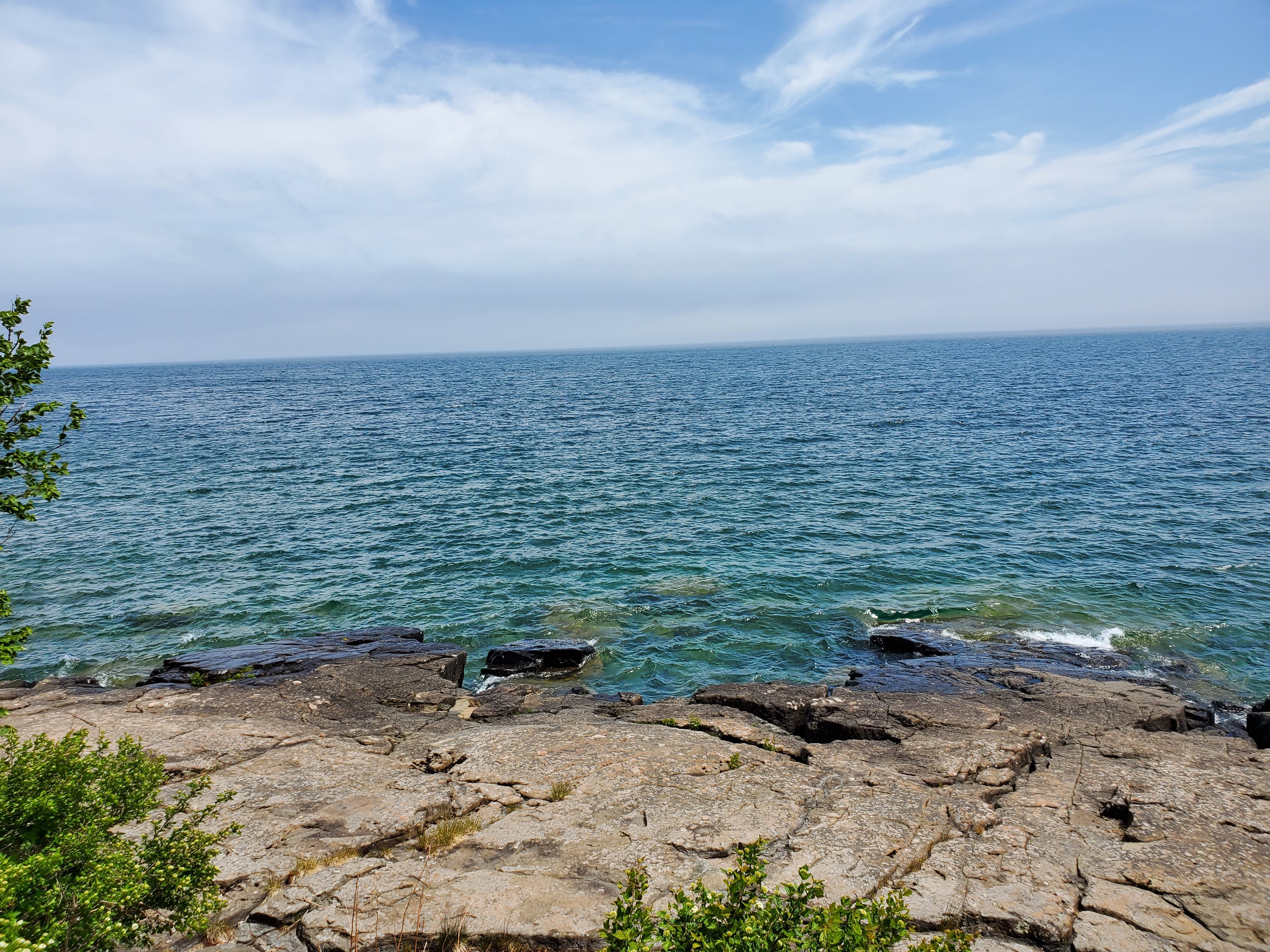
Parks and Paths Lake Gitche Gumee
Publication and plot Minnehaha, a marble state created in 1868 by Edmonia Lewis, now on display at the Metropolitan Museum of Art in New York City. The poem was published on November 10, 1855, by Ticknor and Fields and was an immediate success. In 1857, Longfellow calculated that it had sold 50,000 copies. Longfellow chose to set The Song of Hiawatha at the Pictured Rocks, one of the locations.

Parks and Paths Lake Gitche Gumee
"By the Shore of Gitche Gumee…" Home > Exhibits > "By the Shore of Gitche Gumee…" The exhibit featured twenty-one dramatic illustrations of Henry Wadsworth Longfellow's epic poem, The Song of Hiawatha, created by artist Joseph Boggs Beale in the early 1900s. American National Insurance Company generously donated the collection of drawings in 2010.
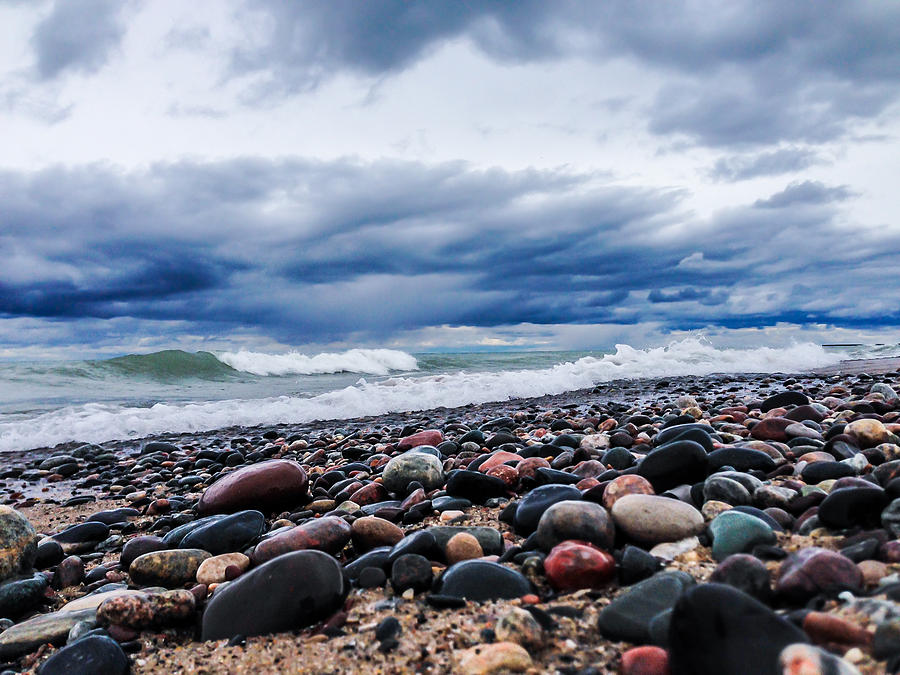
Gitche Gumee Photograph by Lee and Michael Beek Fine Art America
Did you know that Gitche Gumee is a legendary Ojibwe name for Lake Superior which means "Great Sea" in English? It has a surface area of 31,700 square miles, and an estimated depth of 1,333 feet making it the largest and the deepest of the Great Lakes.
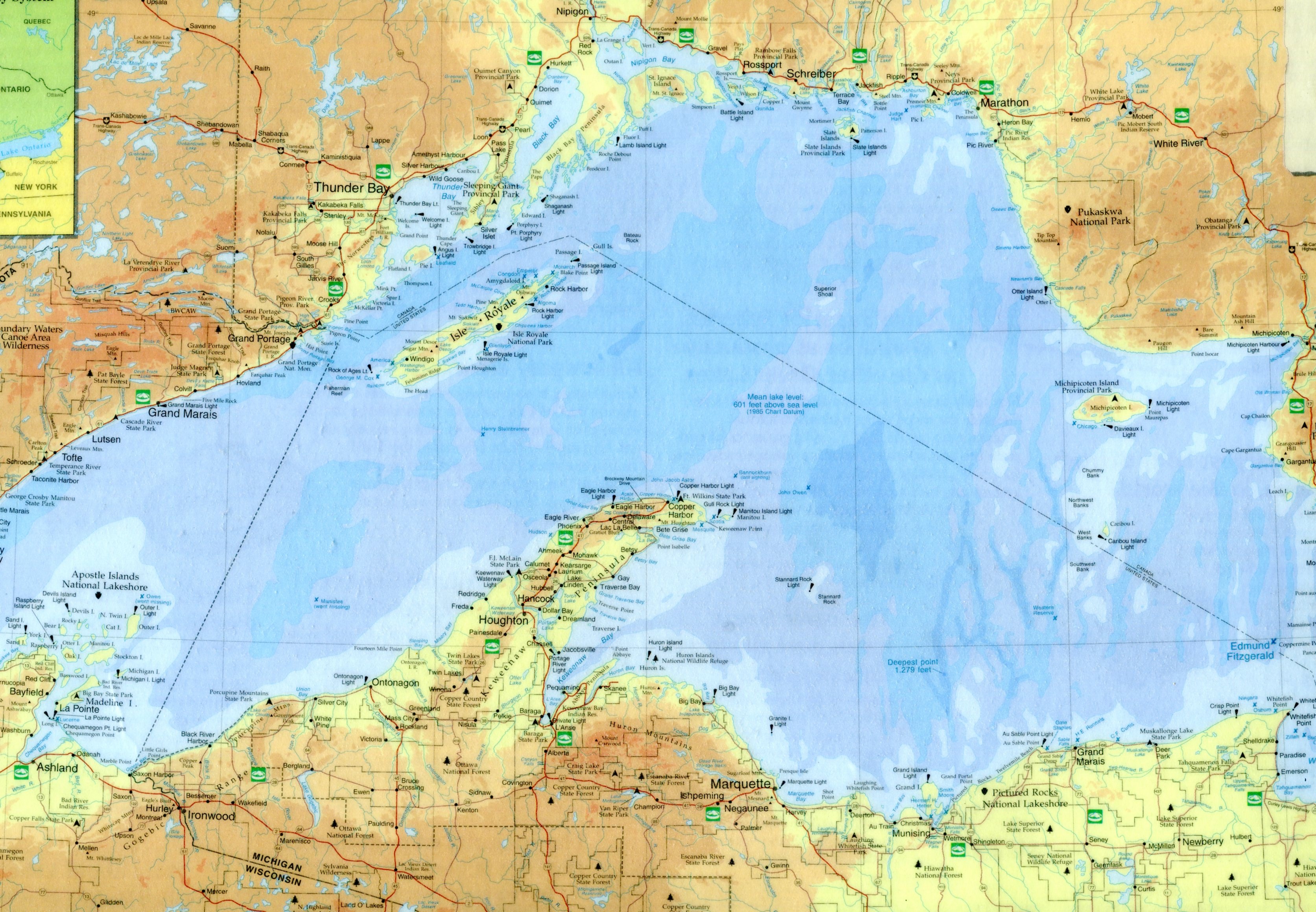
Map Hero’s Laminated Gitche Gumee Been There, Seen That
1. Who named Lake Superior Gitche Gumee? The name Gitche Gumee was not coined by a specific individual, but rather by the Ojibwe people who inhabited the region around Lake Superior. 2. What does Gitche Gumee mean? In the Ojibwe language, Gitche Gumee means "Great Water."

Lake Superior, Michigan Cold Gitche Gumee by wbskinner Minnesota travel, Outdoors adventure
Gitche Gumee's Ancient Meaning The term "Gitche Gumee" literally translates to "big, great sea" in the Ojibwa language. It is speculated that the term dates back to before the 19th century, when indigenous groups began documenting the area. These groups, including the Anishinaabe and Cree, are attributed to the first use of the term.
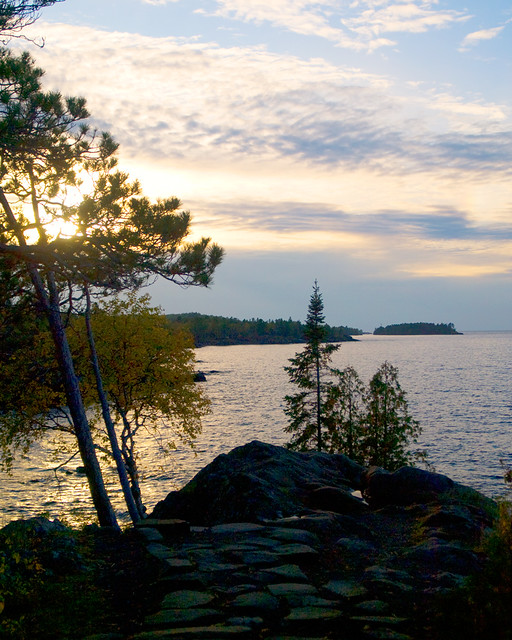
By the shores of Gitche GumeeLake Superior Flickr Photo Sharing!
Located in central North America, it is the northernmost and westernmost of the Great Lakes of North America, straddling the Canada-United States border with the Canadian province of Ontario to the north and east and the U.S. states of Minnesota to the west and Michigan and Wisconsin to the south. [13]
The big lake they call "Gitche Gumee" Pictured Rocks National Lakeshore, Michigan [OC
The Chippewa people named Lake Superior "Gitche Gumee" or "Ojibwe Gichigami", "The Ojibwe's Great Sea". Lake Superior was an important part of the fur trading relationship between the Native people and the French fur traders. Lake Superior has been and will always be an important link in our Great Lakes Waterway.

Lake Superior Gitche Gumee YouTube
The list below provides some basic information to help you find the elusive Lake Superior agate. If you are interested in more detail, please visit the Gitche Gumee Museum and request an agate class, or visit the online gift shop to purchase the museum's book "Understanding and Finding Agates".. Scan the beach and look for the Iron oxide red color.
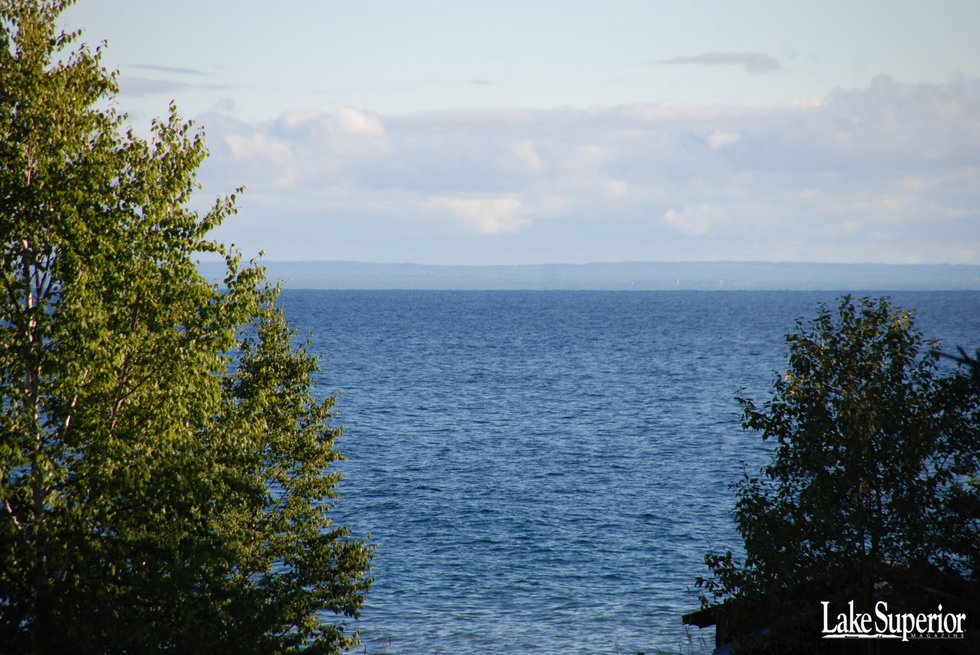
Why Is Lake Superior Called ‘Gitche Gumee?’ Lake Superior Magazine
Great Lake Suite. Dedicated to Lake Superior, this suite is decorated with a northern country décor, ships, and lighthouse. Snuggle in a queen-size captain's bed under a hand-pieced quilt, or enjoy a Lake Superior view of cargo carrying ships, city lights, and the Duluth Harbor Aerial Lift Bridge. Located on the second floor, it has a living.

Parks and Paths Lake Gitche Gumee
The first use of the phrase "the big lake they call Gitche Gumee" comes from t he 1976 song by Canadian songwriter Gordon Lightfoo t about the 1975 sinking of the SS Edmund Fitzgerald. The opening line of the song includes those words. While Lightfoot's song lyrics use the past tense in the phrase, it's become present tense in its colloquial use.

The Great Lake they call GitcheGumee . . . lakesuperior greatlakes lakelife northshore
Book Direct For Lowest Price! Hampton Inn Marquette/Waterfront. from Gitche Gumee RV Park. from Gitche Gumee RV Park. Ramada by Wyndham Marquette. from Gitche Gumee RV Park. from Gitche Gumee RV Park. Staybridge Suites Marquette, an IHG Hotel. from Gitche Gumee RV Park.
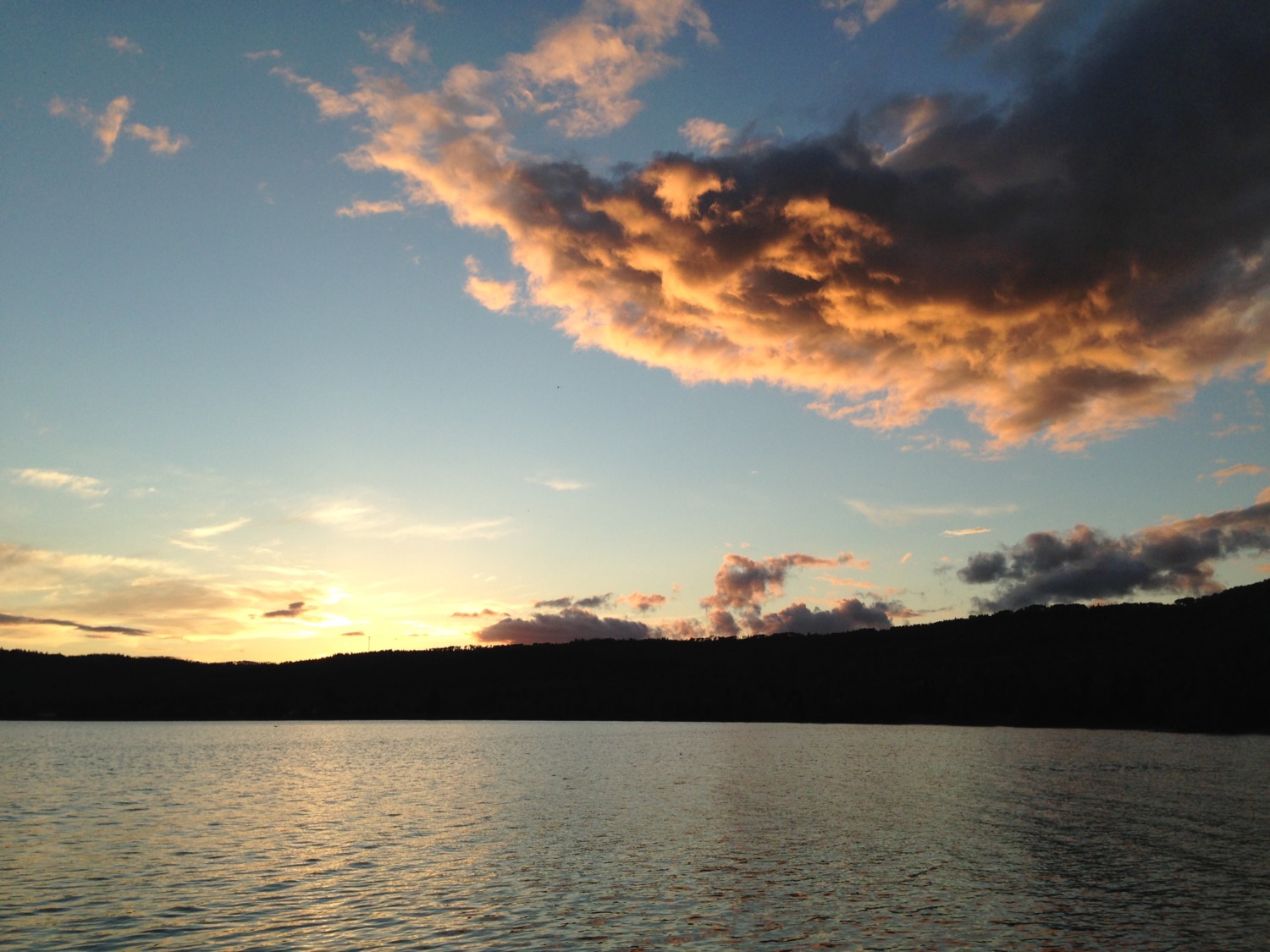
Gitche Gumee Sunsets Sharing Horizons
Gitche Gumee is located in Tofte, Minnesota, which is just a short 10-minute drive to Lutsen. Whether you want to venture out or stay in and enjoy the breathtaking views of Lake Superior, Gitche Gumee has something for everyone! Superior Stay is "Your Stairway to Heaven" Browse Our Gallery
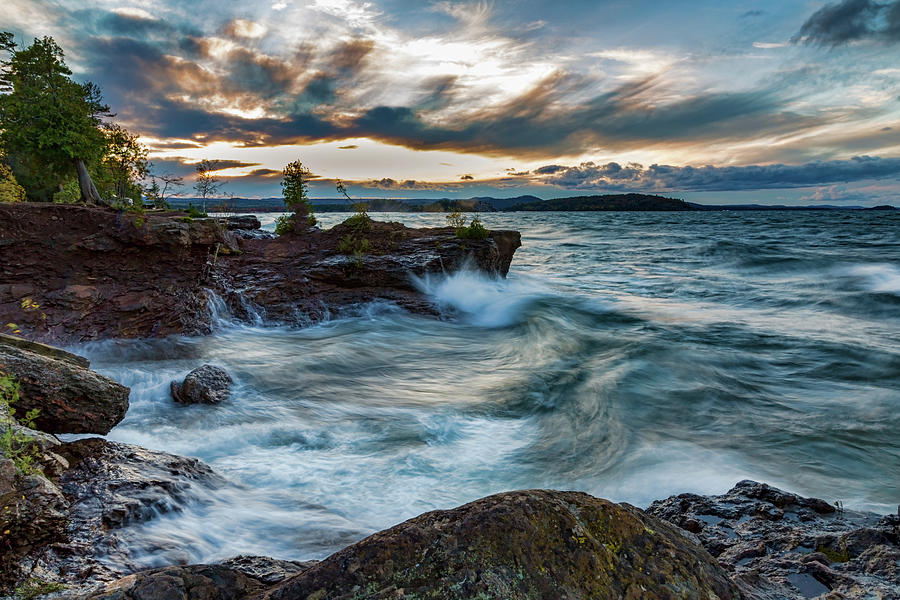
Gitche Gumee Photograph by Joe Holley Pixels
Gitche Gumee, the Ojibwa (Native American) name for Lake Superior, has inspired all who have stood on her shore or paddled her waters. Running 120 miles from Big Bay to Grand Marais Michigan on Lake Superior's south shore, the Hiawatha Water Trail (HWT) follows a shoreline paddled by Native Americans, Voyageurs and early European explorers. Experience some of the most scenic paddling.
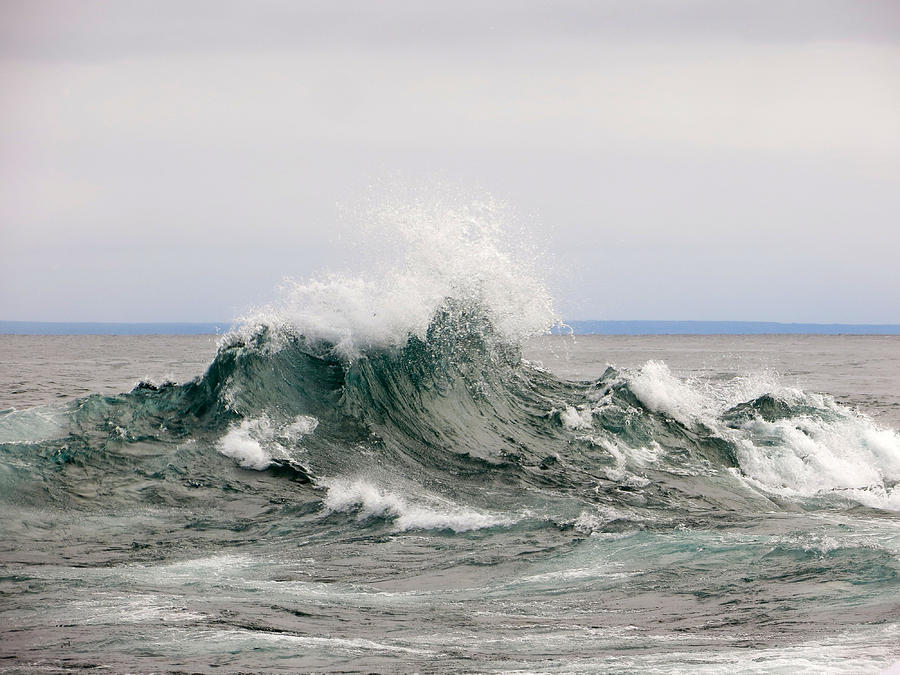
Gitche Gumee Eruption Photograph by Alison Gimpel Fine Art America
Of the big lake they called Gitche Gumee The lake, it is said, never gives up her dead When the skies of November turn gloomy" The cold, wet winds of a northern November ripped across the faces of the crew as they boarded the Edmund Fitzgerald. Loaded to the gills with enough iron-ore pellets to make nearly 27,000 cars, or a small skyscraper.

With Strings Attached By the shores of Gitche Gumee*
The Gitche Gumee: Agate And History Museum is located in Grand Marais in Michigan's Alger County. This is the ideal place for any rock hound and history buff. Learn about the geology and minerals found in the region and local history. The gift shop includes unique gift items, mineral art, jewelry, agates and mineral specimens.

By the Shores of "Gitche Gumee" YouTube
Is the Big Lake Really Called 'Gitche Gumee?' Many people, thanks to Henry Wadsworth Longfellow's "Hiawatha" poem (1855), have heard of Gitche Gumee, the shining Big-Sea-Water. This spelling was learned, it is said, from Henry Schoolcraft, who worked with the Ojibwe people at the time Longfellow wrote the poem.